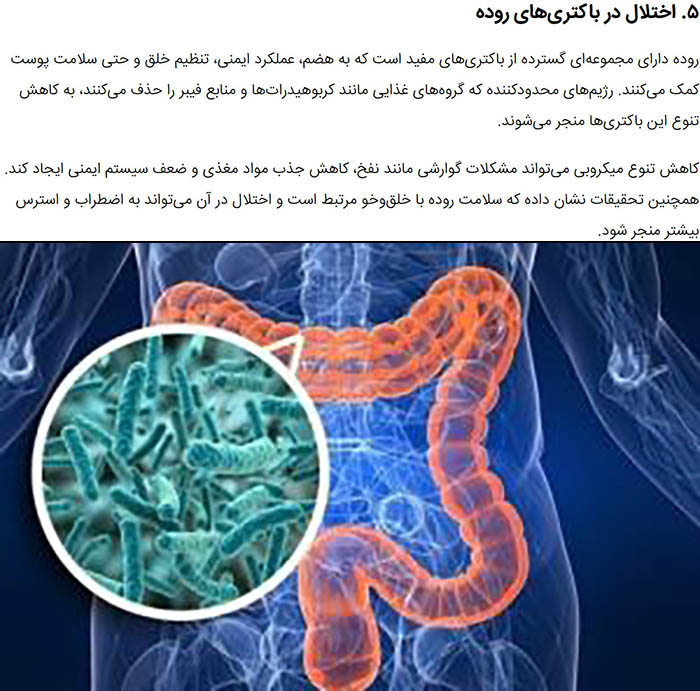The human gut hosts a diverse community of beneficial bacteria, known as the gut microbiota, which play a crucial role in digestion, immune system function, mood regulation, and even skin health. These bacteria help break down food, produce essential vitamins, protect against harmful microbes, and communicate with the brain through the gut-brain axis. Maintaining a balanced and diverse gut microbiome is essential for overall well-being.
Restrictive diets that eliminate major food groups, such as carbohydrates or fiber-rich foods, can significantly reduce the diversity of gut bacteria. Fiber, in particular, acts as a prebiotic, feeding beneficial microbes and supporting their growth. When the gut microbiota becomes imbalanced—a condition known as dysbiosis—it can lead to digestive issues such as bloating, constipation, diarrhea, and reduced nutrient absorption. Furthermore, a weakened gut microbiome can compromise the immune system, making the body more susceptible to infections and inflammation.
Emerging research also highlights the strong connection between gut health and mental well-being. Disruptions in gut bacteria can influence neurotransmitter production and the gut-brain axis, potentially increasing anxiety, stress, and mood disorders. To maintain a healthy microbiome, it is important to consume a varied diet rich in fiber, fruits, vegetables, and fermented foods, rather than relying on restrictive eating patterns that can harm both gut and overall health.

